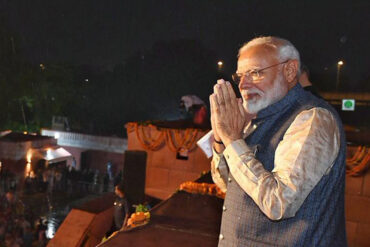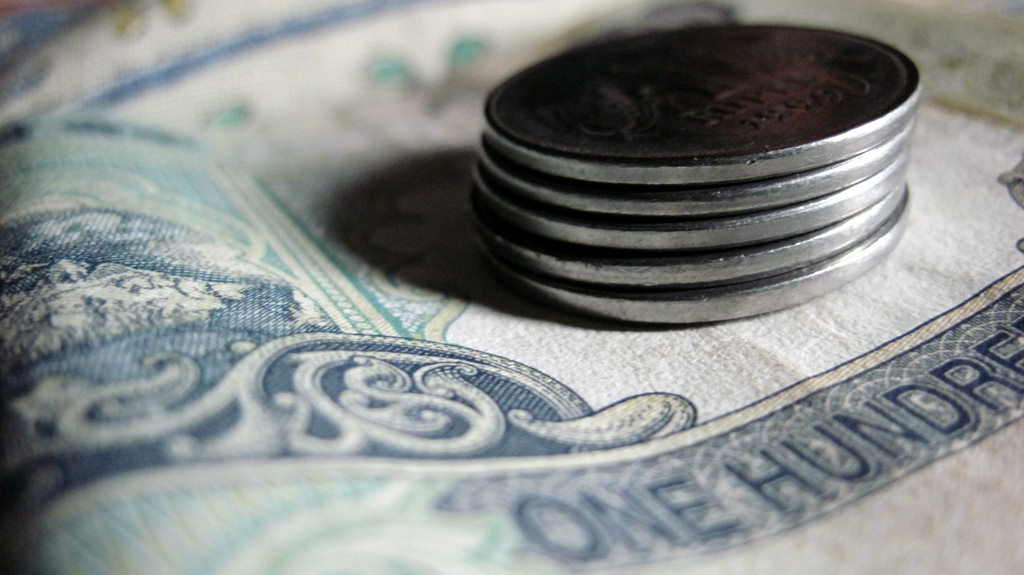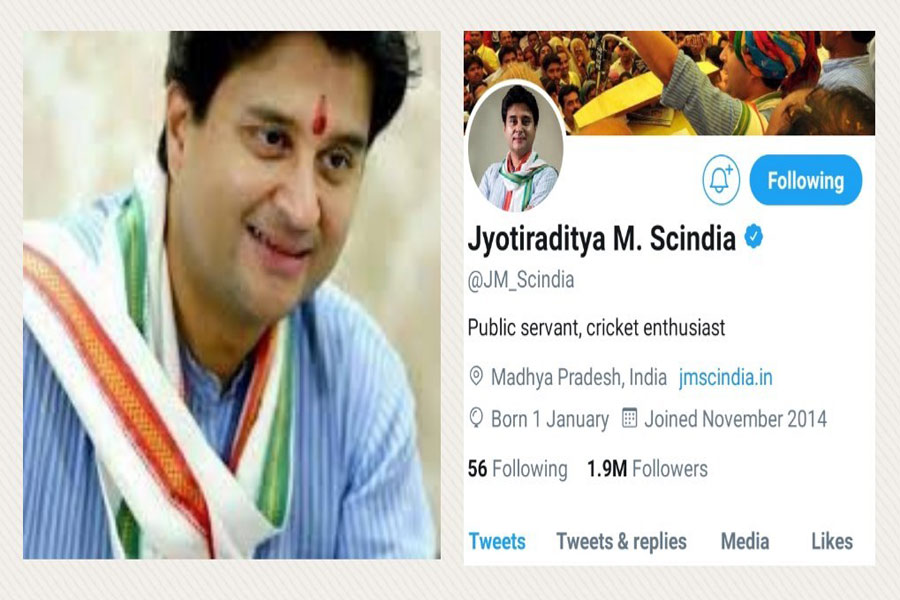a) Black money and corruption are two of the biggest threats to our nation. They have corroded politics, government and its institutions, democracy, judiciary, media, and is fuel for criminal enterprise and terrorism.
b) Black economy has significantly expanded in recent years and according to various estimates is almost 25-30% of the GDP – amounting to between 30 to 50 lakh crores, which is larger than the real economies of many nations like Argentina, Thailand, etc.
c) Most Indians want to cleanse our country of this shameful legacy of corruption and black money.
True to its recent form, the Congress had opposed it. The former Finance Minister jumped into this with many arguments including calling it as demonising cash and putting forth a startling hypothesis that it would not have any gains!
Of course, what he leaves out in his fancy wordsmithing is that he and his government presided over 10 years with a “chalta hai” attitude and unprecedented expansion of black money and all its risks and dangers, under his stewardship where circulation of Rs. 500 and Rs. 1,000 notes peaked. Presiding as the UPA did over a culture of rampant crony corruption, what this discourse does ofcourse is to contrast the UPA government’s inaction or tokenism on black money with this government’s efforts to take the issue head-on.
He makes a disingenuous case that demonetisation will not address counterfeiting, bribes, or plug future black money. As the former Finance Minister, he knows that demonetisation is a significant first step, but has to be followed up with additional steps of better surveillance and tax compliance to ensure that decades of legacy are finally addressed completely.
He tries another tack – that demonetisation doesn’t have any economic gains. This is akin to suggesting that a disease should continue to fester and grow while economists quibble about the benefits of life-saving surgery. Again sharply contrasting the highbrow intellectual inaction of his government with decisive efforts by this government.
When all else fails – fire from another shoulder and so, Mr. Chidambaram also refers to the former RBI governor of not being in favour of demonetisation. Black money is more than an issue for an economist. In our country, beset in recent years with scams and crony capitalism of the worst kind, black money is as much an issue of morality and soul of our democracy than economics. It touches on criminality, national security, corporate and political corruption, etc.
And Raghuram Rajan’s dismal record of supervision of our banks, since morphed into a full-blown banking crisis, shows that brilliant as he was, he was narrowly focused only on issues of macro economics and monetary policies and failed miserably to make the cut in issues outside that.
There are various estimates on how much currency is in the black economy. This cash is the route to laundering illegal proceeds into land and bullion. That’s why any serious fight against black money had to start with cutting off the domestic black money supply. For those complaining that overseas accounts are being let off – compressing local black money supply is a critical first step even for that; making this demonetisation a crucial follow-on step to the Sept. 30 disclosure window offered by the government.
That said, demonetistation is never an easy process especially when it comes to voiding 86% of the circulated currency by value. Disruptions were expected, which is why the Prime Minister had requested citizens to bear with the inconvenience for the sake of larger reform. The secrecy and confidentiality requirements also mean that no advance preparations could be done because it would have meant involving more people.
So yes, there is legitimate grounds for a debate on if the government machinery could have executed this better and with more empathy. The disruptions are clearly bad for those in the small and informal sector, the poor and those who remain unbanked or live in underbanked regions.
We know that 50% of our GDP and 90% of employment is provided by this country’s informal sector. For decades it has been shut out of the formal sector. Successive governments, and RBI governors including Chidambaram and Raghuram Rajan, made no effort in addressing this. It is liquidity and cash availability to the informal sector and small businesses that are at the heart of what needs to be resolved urgently by the government.
As a priority the government could consider a host of actions including allowing:
a) Permit for regular receipted transactions in services like health, schools, food, transport sector where payers are identified and allow this till December 15. This will ease pressure on the informal sector.
b) Direct all government departments and PSUs to give salaries in cash for the next two-three months to their employees to reduce pressures on banks and improve liquidity.
c) The government must also clarify the issue of taxation and penalties on deposits. Many tax lawyers are opining that there is no case for penalties under the IT Act for disclosed income. An increase in litigation as a result of demonetisation would be undesirable.
While the focus has been on disruptions, the significant benefits of demonetisation and black money clean-up will have not been discussed. Apart from the clear benefits on crime, terrorism, politics, elections and governance in the medium term, this is also a big step in the process of transforming our economy into one that is growing, efficient, transparent, and clean. In the short term, the government will also benefit significantly both from the taxation on the deposits and also a monetary surplus in the RBI. We are talking of a one-time gain of Rs. 4-6 lakh crores.
This additional spending of the government can and must be directed at investments, jobs, and expanding welfare spending for the poor and farmers.
Banks too will benefit from this surge of deposits and from the progressive formalisation of transactions. Increased deposits will moderate interest rates as a direct benefit – with added indirect benefit from businesses restarting investment cycle. There are several other benefits that the government must start articulating, planning and realising for citizens.
There will be impetus for the formalisation of the informal sector. The informal sector will be nudged into the formal sector and be allowed to avail formal sources of money – almost always at easier rates than the cut-throat rates and risks associated with informal economy.
The fight against black money is a decisive, serious kind of change. Change is never smooth or orderly. Most Indians desire this clean up. It’s now up to the government to ensure a softer, more sensitive landing for the poor and middle class through this time.
Rajeev Chandrasekhar is a Member of Parliament and Vice-Chairman of NDA in Kerala.







